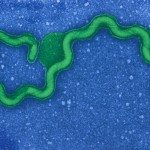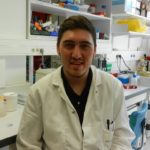Lien vers Pubmed [PMID] – 34151149
Lien DOI – 10.1099/acmi.0.000173
Access Microbiol 2021 Mar; 3(3): 000173
Single-use plastics have often replaced more sustainable materials in microbiology laboratories. Keeping in mind that one of the objectives of the United Nations Sustainable Development Goals is responsible consumption and production, we wanted to document how many single-use plastic items could be saved by taking reduction and reuse approaches in a microbiology laboratory. After taking 4 weeks to document the baseline levels of single-use plastic waste being generated in our laboratory and identifying ways to reduce our reliance on them, we implemented various reduction and reuse approaches and then documented our plastic use over a 7-week period. Reduction approaches included moving to sustainable materials, such as reusable wooden sticks for patch plating and metal loops for inoculation. Reuse approaches focused on reusing plastic tubes via a chemical decontamination station and autoclaving, facilitating the reduction of single-use plastics and a decrease in the amount of waste generated. By utilizing reduction and reuse strategies, which could be implemented in other microbiology laboratories, substantial single-use plastic savings were achieved. These savings had an impact on the amount of biohazard waste being autoclaved and incinerated, as well as generating substantial cost savings for the research institute. The reductions in waste documented in this study could act as a benchmark for others wanting to implement the changes described.

